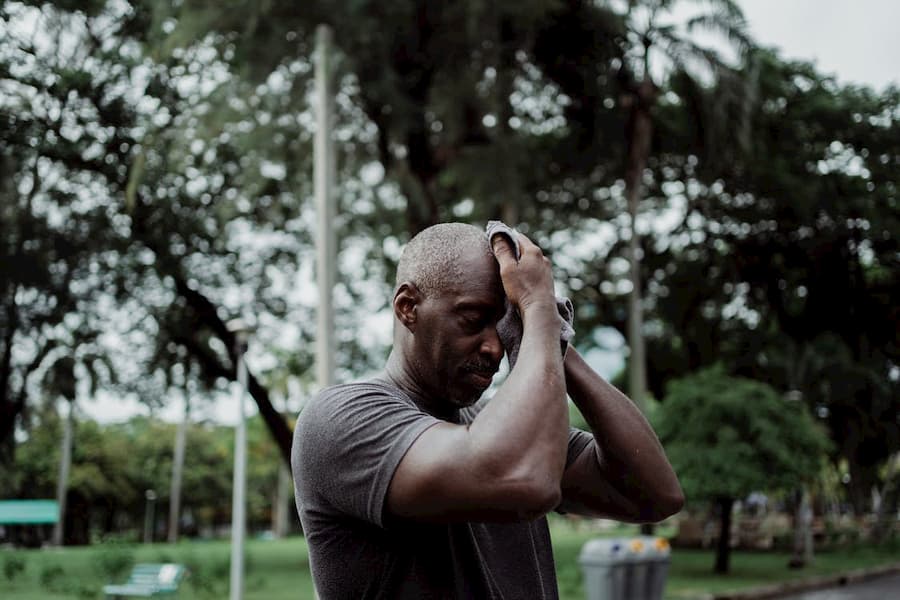Hair transplant procedures are a serious process thus, you should very focus on before and after surgical procedures to get the best result. Experts are suggesting that proper aftercare is required to protect your new hair follicles and your general health, and that includes making sure you don’t return to normal activities too soon.
The hair transplantation process includes mainly three types of surgeries; FUT, FUE, and DHI. All techniques basically are done with the same method. Get the healthy follicles from the donor area where usually the back of your head and plant them in the recipient area. The main difference between all methods is the technique that using while taking grafts or planting grafts.
Planted hair grafts are being very sensitive and fragile in the days and weeks following the procedure. Thus, they require care to protect them, to keep them in place, and allow your scalp to heal properly.
Heavy exercise can be a threat to new hair grafts for several reasons, such as blood pressure, sweating, and stretching.
- Blood pressure: Any increase in heart rate from exercise will raise your blood pressure, and it might increase the risk of bleeding in recipient sites of your scalp, displacing the grafts.
- Sweating: Saunas, running, or other cardio exercises that cause sweating may irritate the scalp and damage new hair grafts
- Stretching: Specific exercises that stretch the back of the neck may apply a stretching force to a FUT scar.
Many experts on hair transplant suggest that you should never exercise three days after surgery, but you can start some very light exercise after four days of the surgery. Then, you can do some cardio exercise, gym, and weight training after ten days of surgery. Moreover, you can start heavy exercises 2 months after the hair transplant surgery.
All in all, although exercise is highly beneficial to your general health and transplanted hair follicles in the long term, it may cause some serious problems for your newly transplanted hair grafts in the short term.







